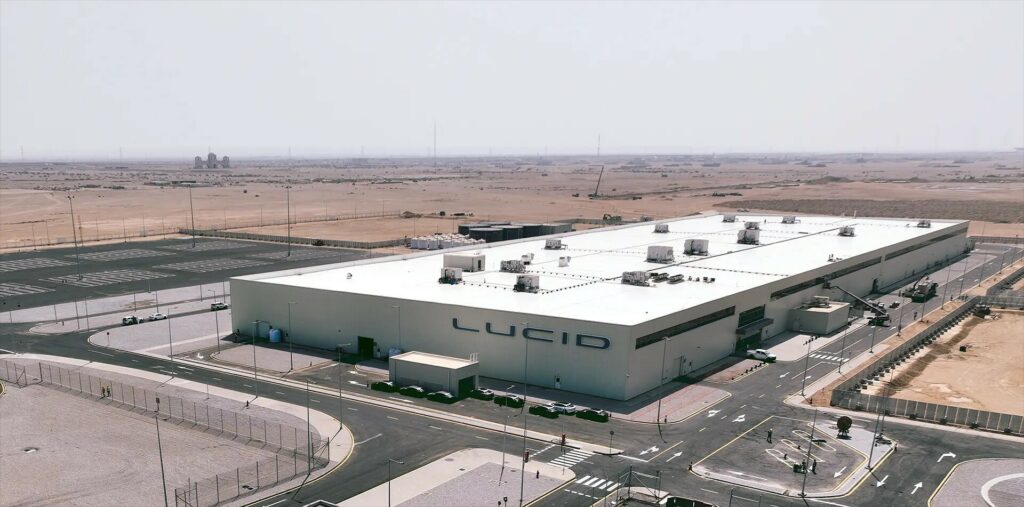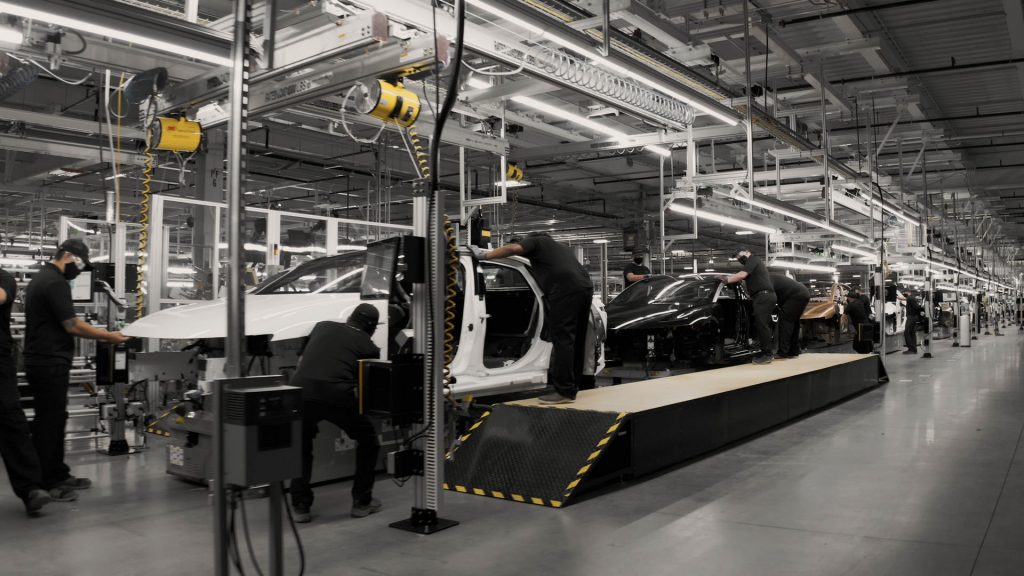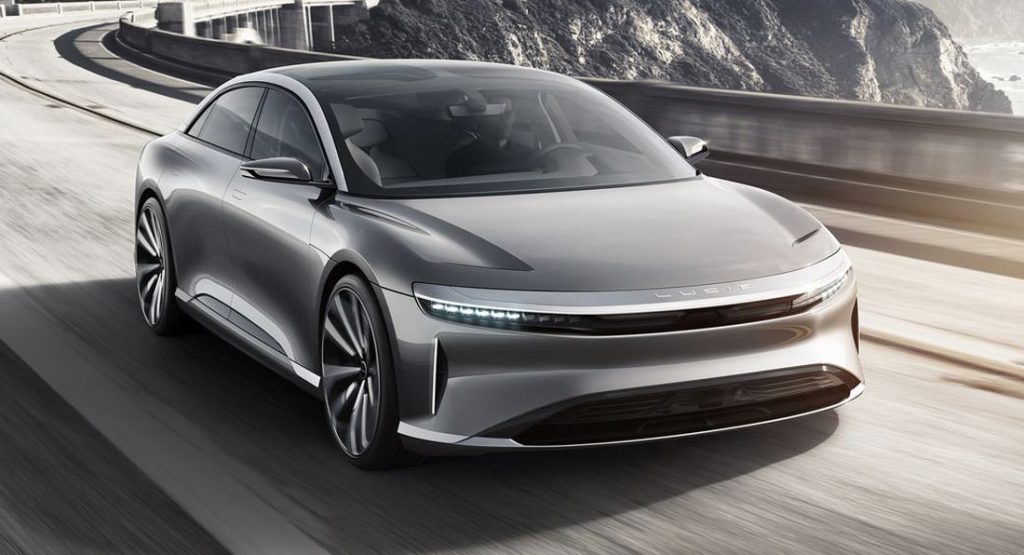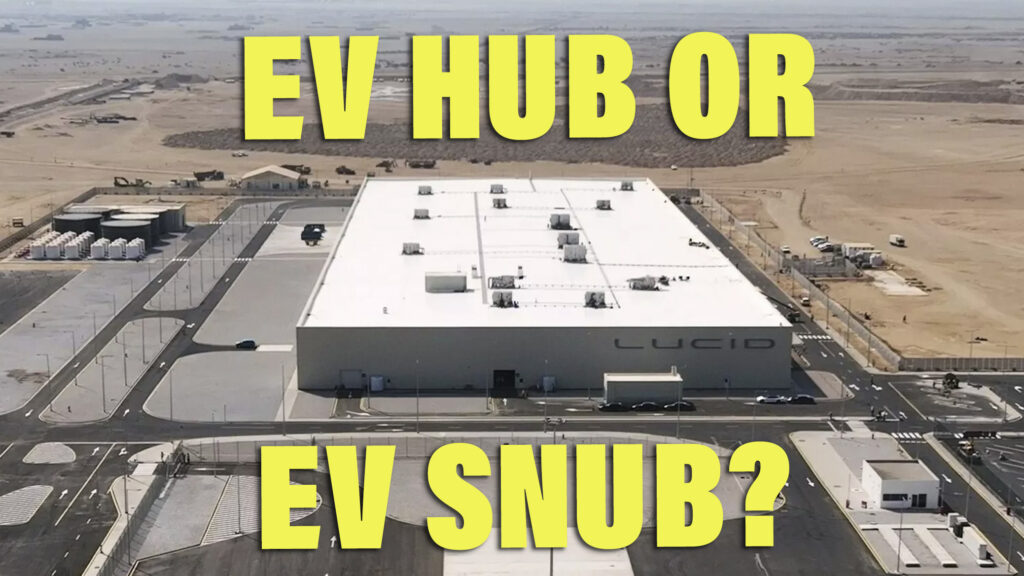What do you do if you’re an oil-producing country looking to diversify at a time when the world’s governments are desperately trying to move away from fossil fuels? Well, if you’re Saudi Arabia, it would seem you invest in EV manufacturing.
But when your country has little track record of automotive production, let alone the infrastructure for EVs, things may not go as smoothly as one hopes.
At least that’s what a report from Reuters suggests, as it focuses on the difficulties faced by Saudi Arabia’s sustainability push while the country attempts to pivot with the times and embrace EVs.
The two big names in the country’s push forward with EVs are US-based Lucid and Saudi Arabia’s own start-up, Ceer.
Read Also: Lucid Opens New Plant In Saudi Arabia, Will Build The Air EV

In the case of Lucid, the nation’s Public Investment Fund (PIF) has pumped $10 billion into the company, while the government has agreed to purchase up to 100,000 Lucid vehicles. Lucid currently holds the only automotive factory based in the kingdom, where it reassembles vehicles that are first built in Arizona.
Ceer, meanwhile, is a new brand created jointly between the PIF and Taiwanese tech manufacturer Foxconn. However, the startup has yet to build its factory, let alone launch a car. The first model is planned for launch next year, although uncited insiders claim that a 2026 on-road date is looking more likely.
One issue, say analysts, is that Saudi Arabia lacks domestic producers to harness the kind of thriving EV industry that is envisaged. A small local market, high cost of labor, and lack of local suppliers are some reasons why Toyota turned down an opportunity to open a plant in 2019.
By 2030, the country expects to produce 500,000 EVs per year. At present, the nation’s sole auto plant has reassembled 800 cars since it opened in September 2023.
See: Saudi Arabia Joins With Foxconn To Create Its Own EV Brand

Another key element that may attract OEMs to the region would be the availability of raw materials for production — particularly elements such as lithium, used in the production of EV batteries. While Saudi Arabia intends to produce such metals, no reserves have been announced.
Tatiana Hristova, an expert at S&P Global Mobility, claims that Ceer plans to source components from BMW, including the battery — the most costly part in an electric vehicle.
However, Andy Palmer, former CEO of Aston Martin and COO of Nissan, isn’t ready to count Riyadh out just yet. He’s of the opinion that such hurdles that the nation is facing can be overcome with money. “I don’t discount PIF because they’ve got a huge amount of resources behind them,” says Palmer. “Money can solve almost anything, but it’s going to be a lot more than everybody initially thinks.”





